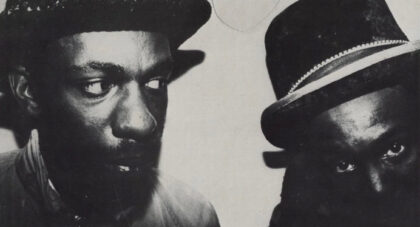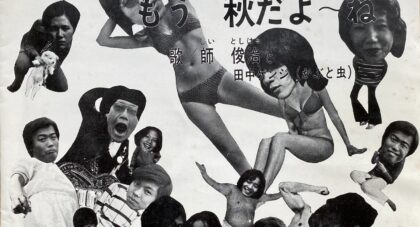At first glance, Content Nausea seems like a minor release. There’s the malapropism that replaces Parquet Courts, the Brooklyn post-punks also responsible for this year’s excellent Sunbathing Animal, with the decidedly less regal Parkay Quarts. There’s the fact that Content Nausea contains three minute-long instrumental jams and covers of Nancy Sinatra and the 13th Floor Elevators; excise those and “Uncast Shadow of a Southern Myth,” a rewrite of one of singer Andrew Savage’s . . .
Only the good shit. Aquarium Drunkard is powered by its patrons. Keep the servers humming and help us continue doing it by pledging your support.
To continue reading, become a member or log in.


